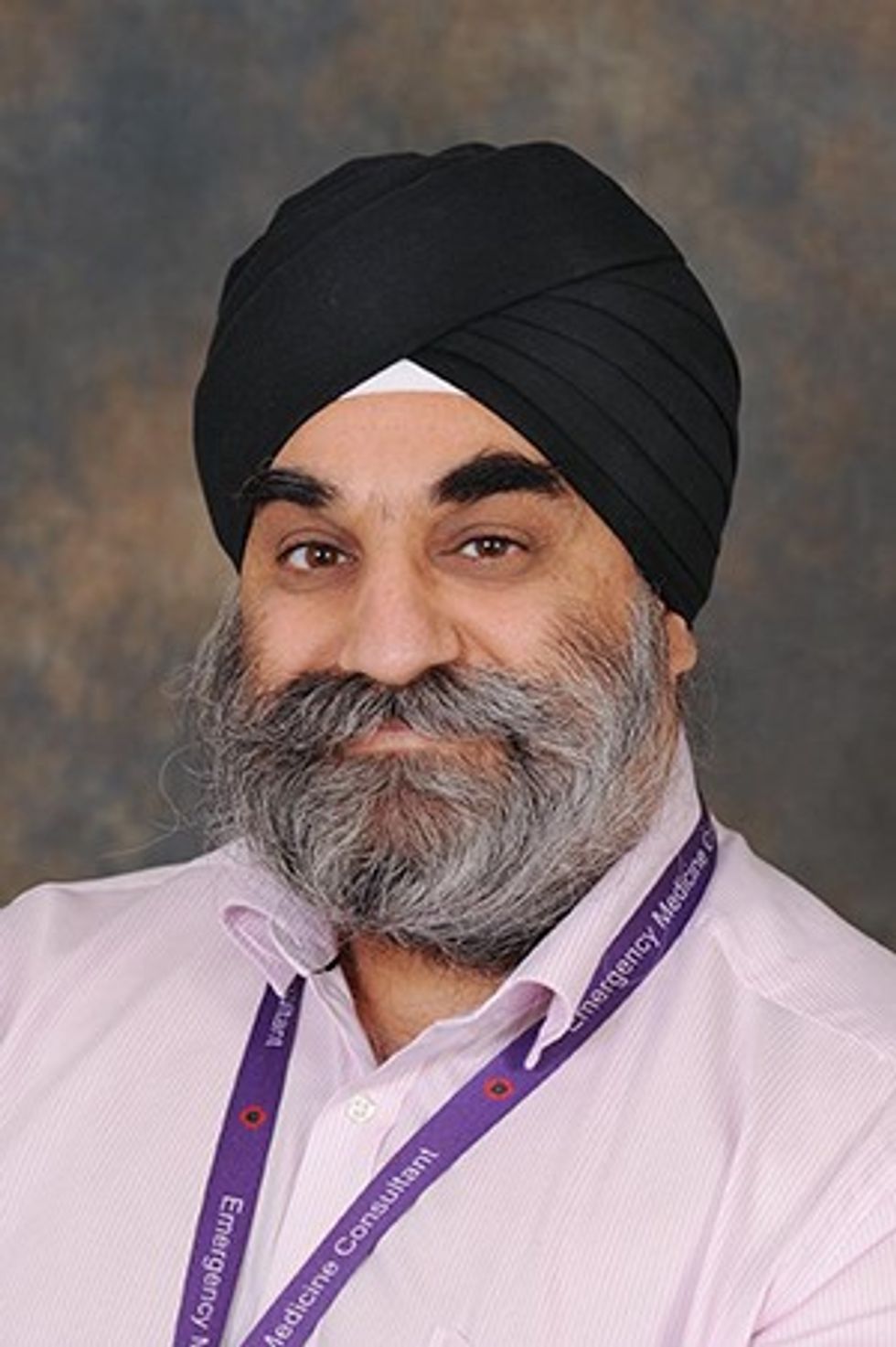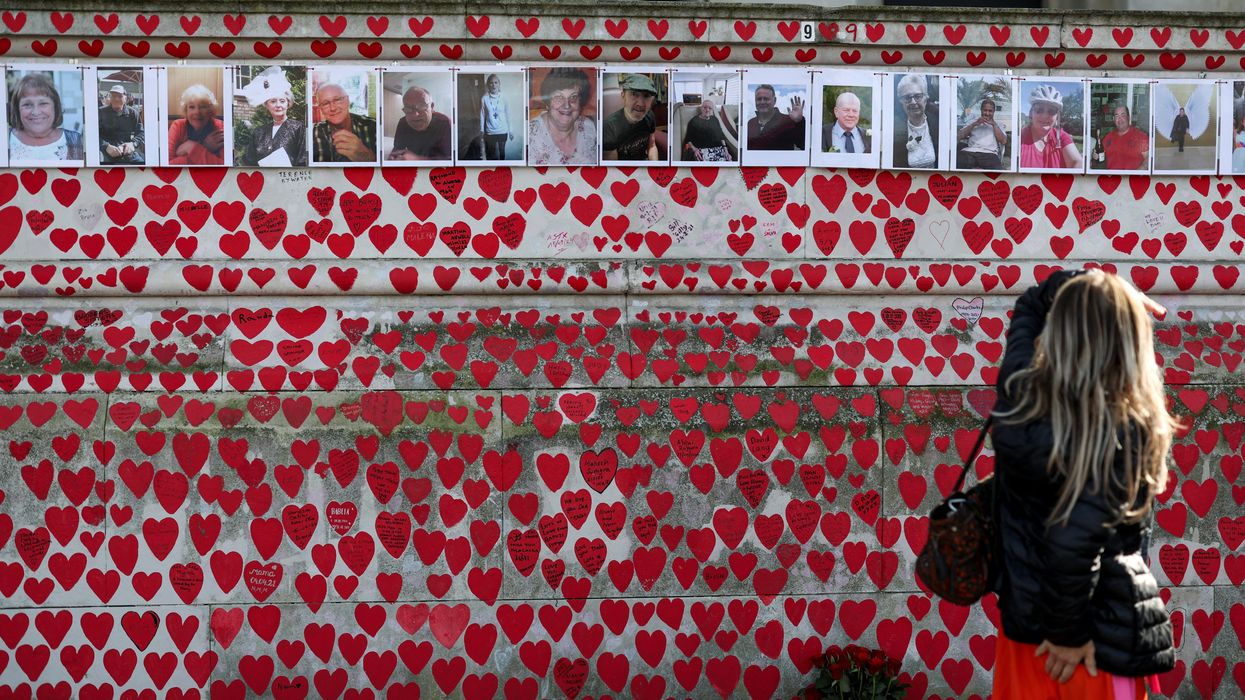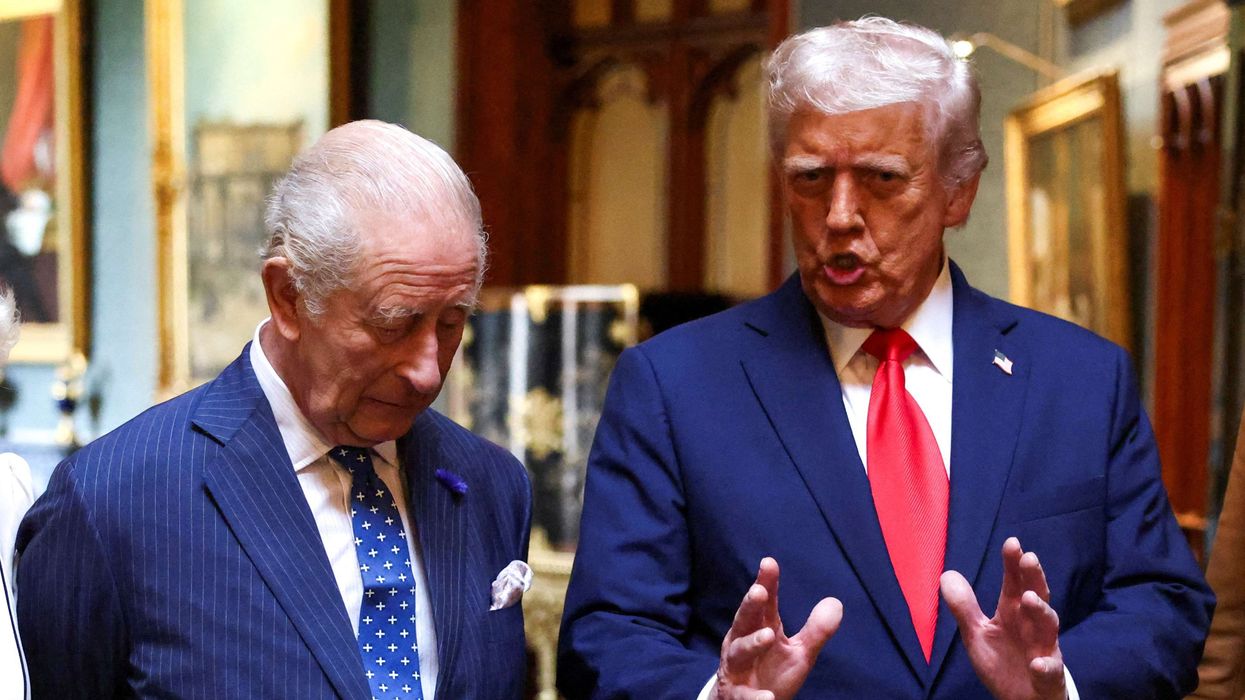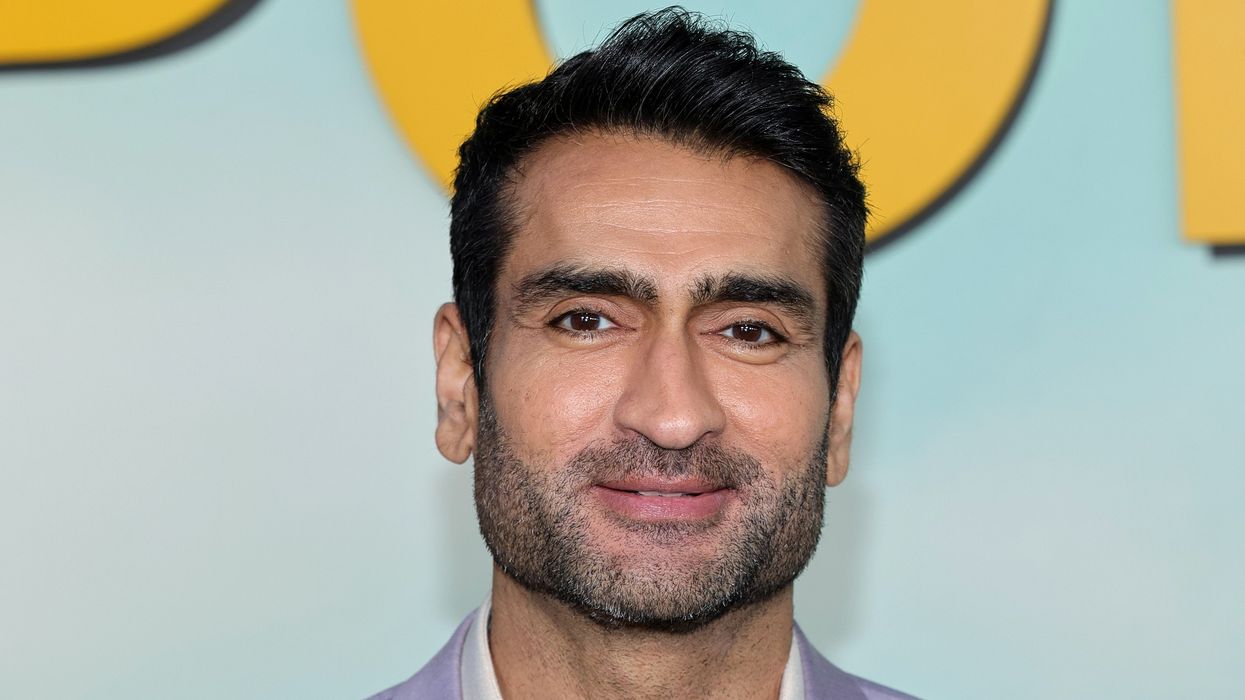BEREAVED families and friends came together last Sunday (9) to remember the loss of loved ones as the UK marked five years since the start of the Covid-19 pandemic.
Public memory is remarkably short; there was a time when people were prevented from even saying goodbye to their relatives as they died in hospital. To prevent contamination, their bodies were slipped into body bags for funerals where almost no one could come.
Across the UK, some 227,000 people died with the virus listed as a cause of death.
The toll is a far cry from the day – March 17, 2020 – when the government’s chief scientific officer, Patrick Vallance, told MPs: “If we can get this down to 20,000 and below, that is a good outcome in terms of where we would hope to get to with this outbreak.”
The 20,000 figure was quickly reached on April 25, 2020, while it was 50,000 on November 11, 2020; and 100,000 on January 27, 2021.
It took a further 12 months to add another 50,000 – thanks to the speedy vaccination roll-out. Asian doctors, nurses and other employees in the NHS were heroic in placing themselves on the frontline, invariably at a risk to themselves.
Dr Chaand Nagpaul, who took over as chairman of the British Medical Association council in 2017, said the death toll among Asians from coronavirus was disproportionately high and urged the government to launch a “targeted and culturally sensitive” campaign to try and reverse the trend.
I remember Chaand telling me: “What really upsets me is we are getting notifications every day of deaths from Northwick Park Hospital (in Harrow, north London) – and I would say almost all of them are Indian families or individuals. It is the hospital with the highest number of Covid-19 cases. It has been the hub for all the Covid-19 cases. If you look up Covid-19 cases in London, Brent and Harrow are among the largest.
“In our own practice, we had one case recently where the mother and the son both died. These are Gujarati families. It’s tragic. The son was around 60, the mother about 80 odd.”

He also addressed underlying health issues. “We know the Asian community has a higher prevalence of type 2 diabetes, higher prevalence of renal disease, heart disease – that’s established fact. Those are risk factors, considered underlying conditions.
“When they do go into hospital, the ability to fight the infection and the likelihood of the infection becoming more serious and risking death is greater if you have those underlying conditions.”
He emphasised: “This is a highly contagious virus. That is why people are asked to stay two metres apart. Forget two metres: doctors are working within inches of a patient when they are examining them. So, it is really important the healthcare professional is properly protected from getting infected. At the moment, the provision of that protective equipment has not been adequate in supplies, not even in terms of having the full kit. GP surgeries have not been sent eye protection since the virus can be absorbed through the mucus membrane of the eyes.
“We hear statistics about millions of stock being delivered to hospitals. Those are statistics. They mean nothing if when you get to the frontline they are just not there.”
I have a note from January 9, 2022, when the death toll crossed 150,000. It was also becoming apparent that Asians, especially doctors, were represented disproportionately among the dead. For example, 56-year-old Poornima Nair – originally from Kerala, she moved to the UK in 1994 and eventually became a GP at the Station View medical centre in Bishop Auckland, County Durham – died on May 12, 2020, the first lady doctor to succumb to Covid.
There were many others who made the ultimate sacrifice: Jitendra Rathod, 58, cardiac surgeon, University Hospital of Wales, died April 6, 2020; Krishan Arora, 57, GP in Croydon, south London, died April 15, 2020; Manjeet Singh Riyat, 52, consultant, Royal Derby Hospital, died April 20, 2020; and so on. On March 26, 2020, Pooja Sharma, 32, a pharmacist in East Sussex at Eastbourne District General Hospital, died 24 hours after her father, Sudhir Sharma, 61, an immigration officer at Heathrow airport.
There are those who now say that lockdown was a mistake, and that it ruined the economy and gave many a taste for getting paid for doing nothing at home. But that is being wise after the event. The death toll on January 19, 2021 was 1,342.
Prime minister, Sir Keir Starmer, said last Sunday: “As we mark five years since the outbreak of the Covid-19 pandemic, I know for many there is deep grief and loss that may never be relieved. Today, we come together to remember, reflect and pay tribute to the sacrifices made by people across our country.”
The full story of Asian sacrifice – as in the First and Second World Wars – should be put down before it is forgotten.




